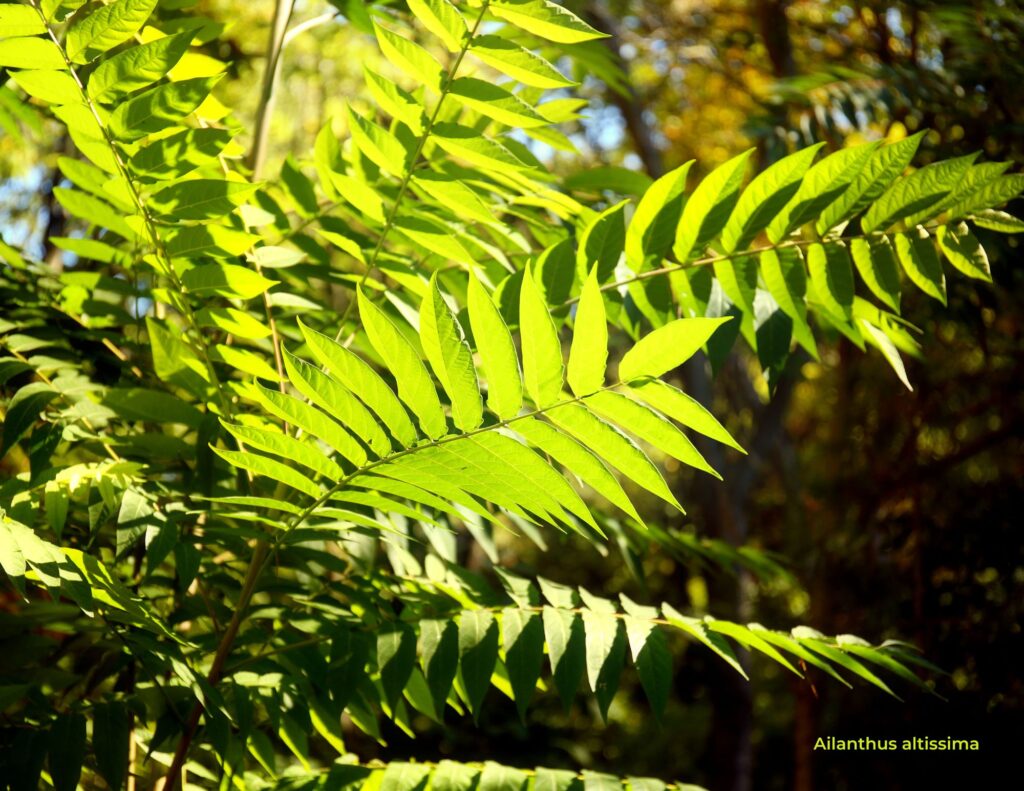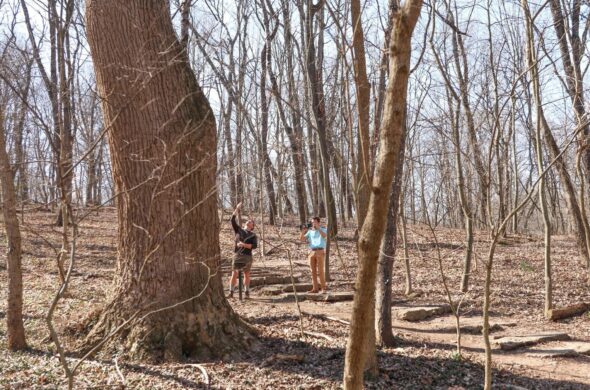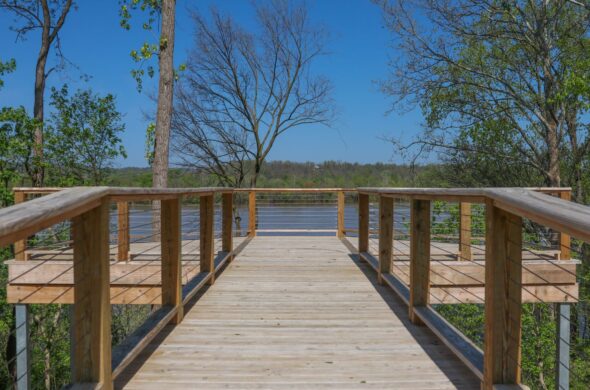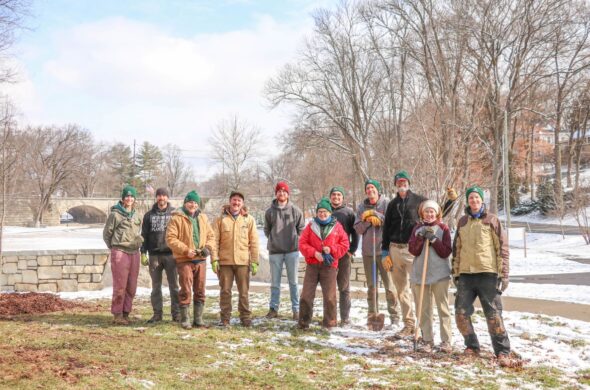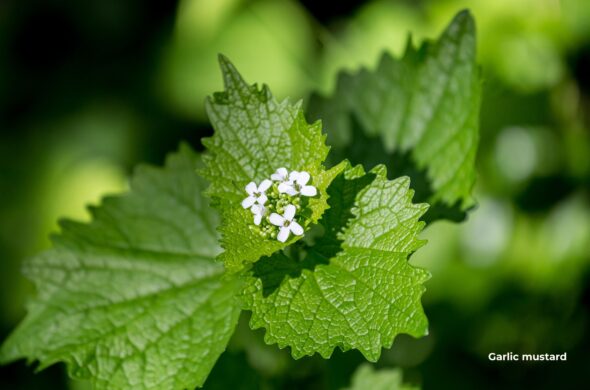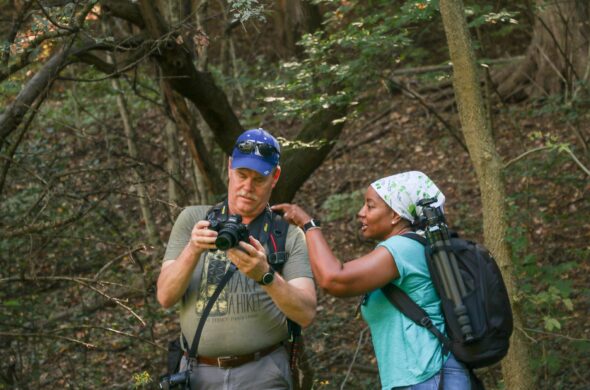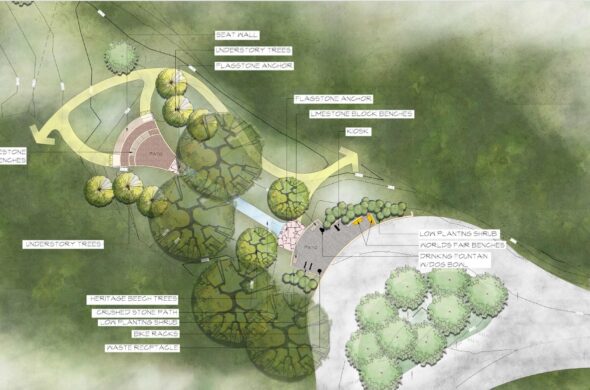Ailanthus altissima, commonly known as tree of heaven, presents significant ecological risks in many regions worldwide. Known for its rapid growth rate and ability to thrive in diverse habitats, it can form dense monocultures, displacing native vegetation and altering local biodiversity. The tree of heaven also serves as a preferred host for the spotted lanternfly (Lycorma delicatula,) an invasive insect that feeds on sap and threatens a wide range of agricultural and ornamental plants. This relationship underscores the dual threat posed by both species to ecosystems and agriculture, necessitating effective management strategies.
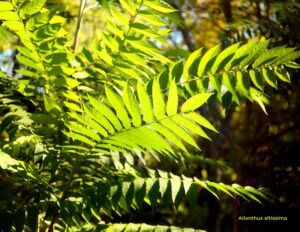
Identifying tree of heaven is crucial for effective management. It typically grows up to 80 feet tall with distinctive leaves that have a strong odor when crushed. To eradicate tree of heaven, our Team for Healthy Parks adds a location record of each tree we find all year into our Georgraphic Information System (GIS) maps. We cannot always treat this species as we find it because it has a habit of bouncing back even more aggressively if we attack at the wrong time of year. As the fall arrives, we take advantage of the tree pulling resources down into its roots to deliver a targeted dose of systemic herbicide – a sneak attack that we hope will get around the tricky defenses of this tree.
While we are out treating tree of heaven this year, we will be keeping a close eye out for spotted lantern fly egg masses. Neighboring counties have confirmed this pesky bug, and so we want to be prepared for their eventual arrival. Given the potential that these two species have for damage to native species and biodiversity overall, proactive and coordinated efforts are essential to mitigate the ecological risks posed by tree of heaven and its role in facilitating the spread of the spotted lanternfly.
-Liz Winlock, Director of Natural Areas
Find something similar: News
